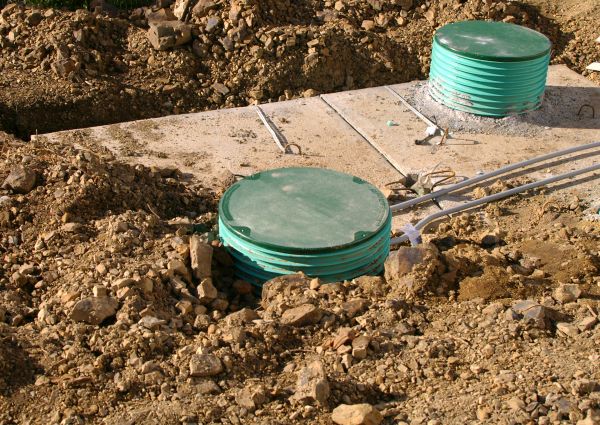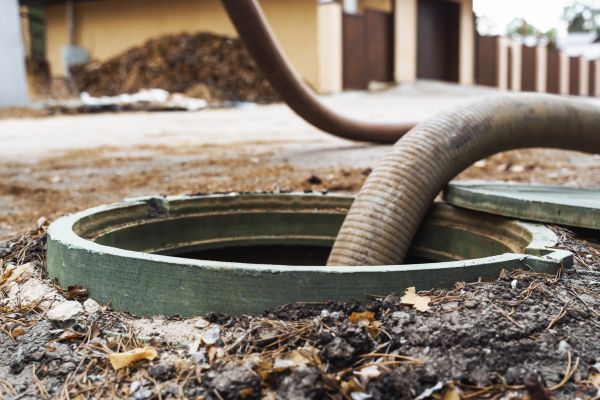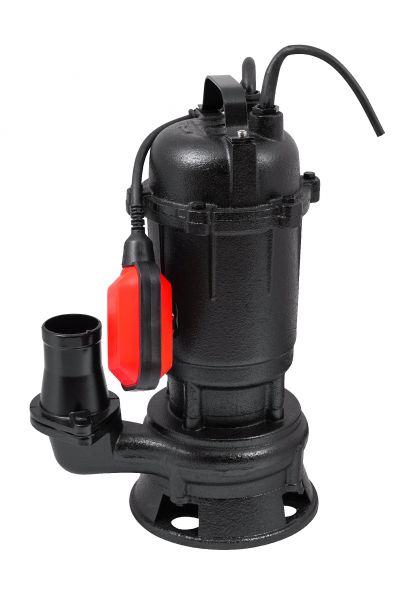Septic Pump Replacement Service
Affordable Septic Pump Replacement
Septic pump replacement is a critical maintenance task for homeowners relying on septic systems. Over time, septic pumps can wear out due to continuous use, leading to inefficient waste processing and potential system failures. Replacing a septic pump ensures that waste is effectively moved from the septic tank to the drain field, preventing backups and costly repairs. Regular maintenance and timely replacement of the septic pump can prolong the life of the entire septic system, safeguarding the home and environment from potential hazards.
Benefits of Septic Pump Replacement
-
Improved System Efficiency
Replacing an old or malfunctioning septic pump can significantly enhance the efficiency of the septic system. A new pump ensures that waste is processed and moved efficiently, reducing the risk of backups and overflows. This not only keeps the system functioning smoothly but also helps maintain the hygiene and safety of the property. -
Prevention of Costly Repairs
A failing septic pump can lead to serious issues such as system backups or even complete system failures, which can be expensive to fix. By replacing the pump before it fails, homeowners can avoid these costly repairs and extend the lifespan of their septic systems. -
Environmental Protection
An efficient septic pump is crucial for preventing leaks and contamination of the surrounding soil and groundwater. By replacing the pump, homeowners contribute to protecting the local environment from potential pollution, ensuring that waste is disposed of safely and responsibly. -
Increased Property Value
A well-maintained septic system can enhance the value of a property. Prospective buyers are more likely to be interested in a home with a reliable septic system, and a new pump can be a significant selling point. Regular maintenance and timely replacements can thus contribute to the overall value and appeal of the property.
FAQs About Septic Pump Replacement
How often should a septic pump be replaced?
Typically, a septic pump should be replaced every 7 to 10 years, depending on usage and maintenance. Regular inspections can help determine the right time for replacement.
What are the signs that a septic pump needs replacement?
Signs include slow drainage, unusual odors, gurgling sounds from the plumbing, and frequent system backups. If any of these occur, it may be time to consider a replacement.
Can I replace a septic pump myself?
While some homeowners may attempt DIY replacements, it is recommended to hire a professional to ensure the job is done safely and correctly, avoiding potential hazards and ensuring compliance with local regulations.
What happens if I don't replace a failing septic pump?
Neglecting to replace a failing pump can lead to system failures, backups, and even environmental contamination, resulting in more extensive and costly repairs.
Fill out the contact form today to request Septic Pump Replacement and experience the peace of mind that comes with a professionally maintained septic system. Remember the benefits: improved efficiency, prevention of costly repairs, environmental protection, and increased property value.




